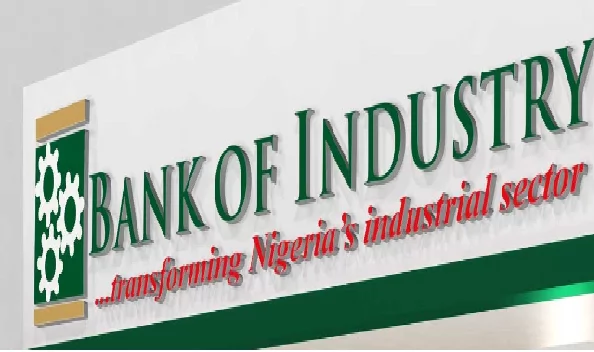The Bank of Industry (BOI) has unveiled a new mobile app designed to track real-time food prices across eight states in Nigeria. The app, which complements the web version, Pricesense.ng, enables users to check both wholesale and retail prices of key food items, such as rice, beans, tomatoes, and maize, across different regions.
The states covered by the app include Borno, Plateau, Rivers, Oyo, FCT, Lagos, Enugu, and Kano. In addition to displaying live food prices, the app also offers detailed analytics, allowing users to compare prices based on brand, quantity, and specific dates throughout the year.

Rising Food Prices in Nigeria
Food inflation has become a critical issue in Nigeria, with rates exceeding 40% as of June 2024. A combination of erratic weather patterns, insecurity in agricultural regions, and rising farm input costs, such as fertilizers, have contributed to the ongoing food crisis.
International organizations, including the World Bank, the International Rescue Committee (IRC), and the Food and Agriculture Organization (FAO), have predicted a record number of food-insecure people in Nigeria for 2024. The World Bank highlighted that seven Nigerian states are at high risk of severe hunger, while the FAO estimated that 32 million Nigerians, mostly women and children, would face food insecurity this year.
Federal Government’s Response
To alleviate the food crisis, the federal government has approved duty-free food imports for 150 days and has distributed grains to all 36 states. Additionally, the government has started selling rice at a discounted rate of N40,000 per 50kg bag.
FCCPC’s Action on Rising Prices
Meanwhile, the Federal Competition and Consumer Protection Commission (FCCPC) has accused traders of price gouging and artificially inflating the prices of staple foods. FCCPC Chairman, Mr. Tunji Bello, cited the formation of cartels in markets as a key driver behind the sharp price increases. While the commission acknowledges that factors such as the exchange rate and fuel price hikes have contributed to higher costs, it condemned traders for disproportionately raising prices to exploit consumers.
The FCCPC has taken steps to curb unethical practices, closing supermarkets involved in price manipulation and warning traders to adjust prices within a month to avoid further penalties.



